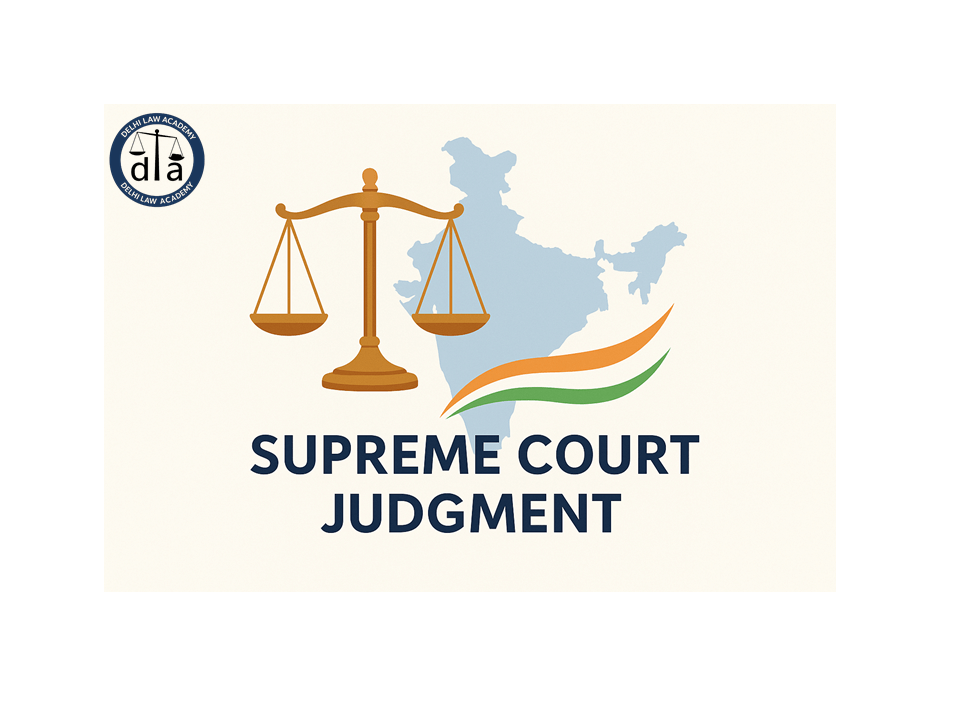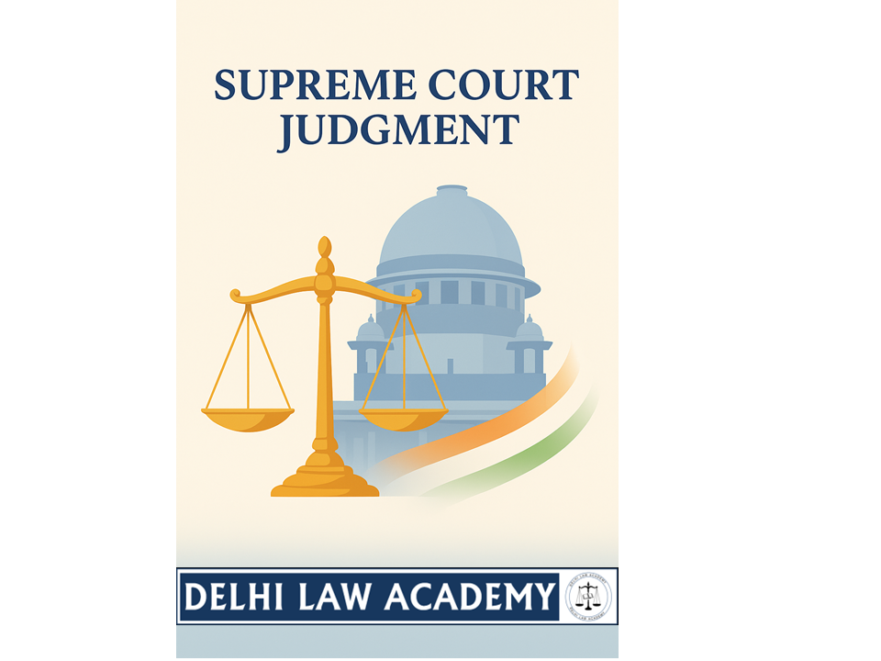
⚖️ Supreme Court Strikes Down Electoral Bonds: Transparency Wins!
The Supreme Court of India recently delivered a landmark verdict striking down the controversial Electoral Bonds Scheme introduced in 2017. This decision is being hailed as a major victory 🏆 for democracy, accountability, and the citizens’ Right to Know.
💡 What were Electoral Bonds?
Electoral Bonds were financial instruments introduced to streamline political donations. Individuals and companies could purchase these bonds from the State Bank of India (SBI) and donate 💸 to political parties.
The Catch: While the scheme aimed at transparency, it allowed donors to remain anonymous. This raised serious questions about corporate influence and lack of voter awareness. 🕵️♂️
👉 Problems with the Electoral Bonds Scheme
- Unlimited donations by corporates, including shell companies 🏚️
- Total donor anonymity — voters had no way of knowing who funded whom 🗳️
- Lack of accountability in political financing
📌 The Supreme Court Verdict
The Apex Court declared the scheme unconstitutional. The judges emphasized that the “Right to Know” is a fundamental part of Article 19(1)(a) — Freedom of Speech & Expression.
According to the Court, democracy cannot survive if the flow of money in politics remains hidden 🌑. Voters deserve the right to be informed about the financial backers of political parties.
✨ Why This Matters
- Strengthens the principle of transparency in governance 🌐
- Ensures accountability of political parties to the public 📖
- Restricts unchecked corporate influence in Indian politics 🏢
🔥 The Big Question
Will this judgment truly transform the way elections are funded in India? Or will new loopholes be created to maintain secrecy? 🤔
This decision is not just about law — it’s about strengthening the values of democracy, accountability, and transparency for future generations. 🇮🇳
✅ Conclusion
The Supreme Court’s ruling against Electoral Bonds marks a turning point in India’s approach to political funding. It is a reminder that in a democracy, the citizens’ right to information must outweigh the secrecy of political finance.
Stay updated with Delhi Law Academy for more insights on landmark Supreme Court judgments, exam preparation tips, and legal analysis.
FAQs on Supreme Court’s Electoral Bonds Judgment
Electoral bonds were financial instruments introduced in 2017 to allow individuals and companies to donate money to political parties anonymously. The stated aim was to curb black money in elections, but critics argued it increased opacity in political funding.
The Supreme Court held the scheme unconstitutional in 2024 because it violated citizens’ right to information under Article 19(1)(a). Voters have the right to know who funds political parties to ensure transparency and accountability in democracy.
Political parties can no longer receive donations through electoral bonds. They must disclose funding sources under existing rules, making donations more transparent. This is expected to reduce corporate influence behind closed doors.
The Court emphasized that Article 19(1)(a) guarantees freedom of speech and expression, which includes the right to access information about political funding. Anonymity in donations was found to restrict this right by preventing voters from making informed choices.
Yes. Amendments to the Companies Act removed earlier restrictions, allowing unlimited corporate donations, including from loss-making or foreign-influenced companies. The Supreme Court found this provision problematic as it enabled unchecked corporate influence in politics.
Alternatives include state funding of elections, capped corporate donations with disclosure requirements, digital platforms for public contributions, and stricter auditing of party finances. These mechanisms aim to balance transparency with clean funding practices.

